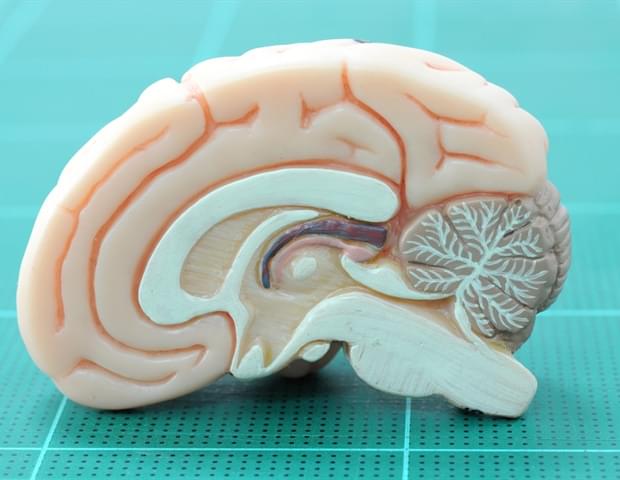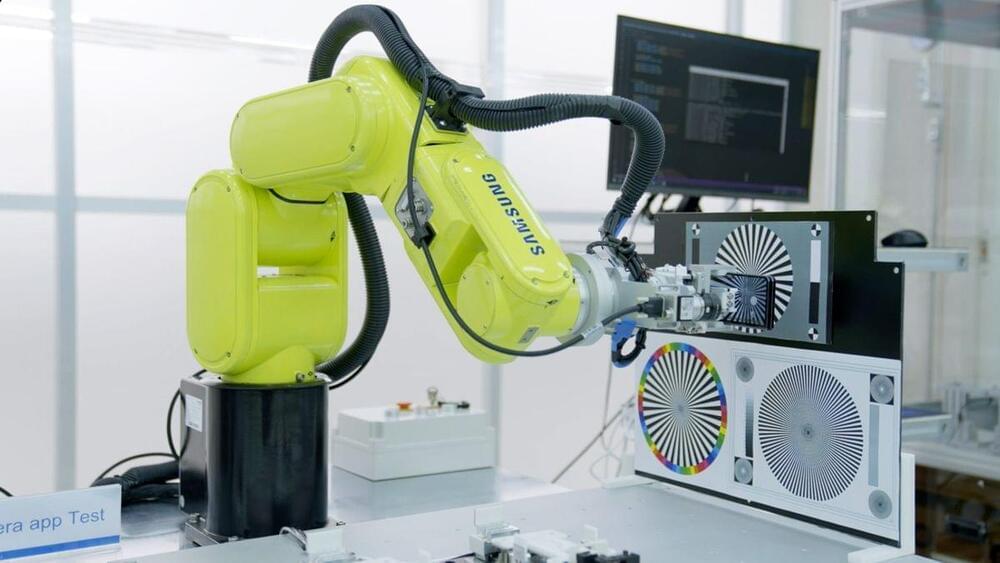Aug 2, 2023
Unprecedented Precision: Physicists Measure the Wave-Like Vibration of Atomic Nuclei
Posted by Dan Breeden in category: physics
Utilizing ultra-high-precision laser spectroscopy on a simple molecule, a team of physicists headed by Professor Stephan Schiller Ph.D. of Heinrich Heine University Düsseldorf (HHU) measured the wave-like vibration of atomic nuclei with an unprecedented level of precision.
In their paper published in the scientific journal Nature Physics.
As the name implies, Nature Physics is a peer-reviewed, scientific journal covering physics and is published by Nature Research. It was first published in October 2005 and its monthly coverage includes articles, letters, reviews, research highlights, news and views, commentaries, book reviews, and correspondence.


















